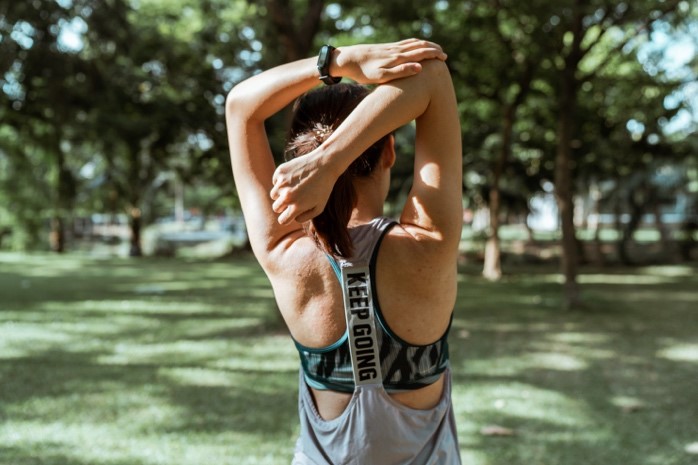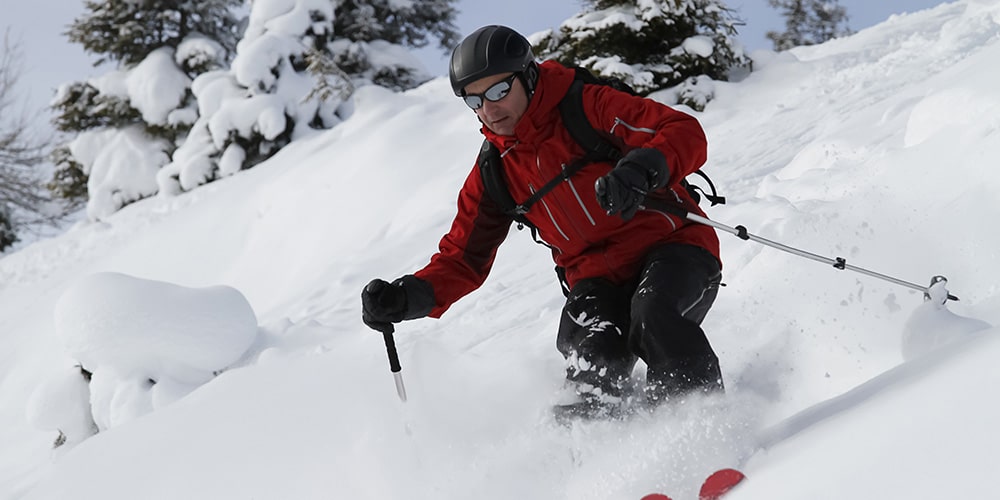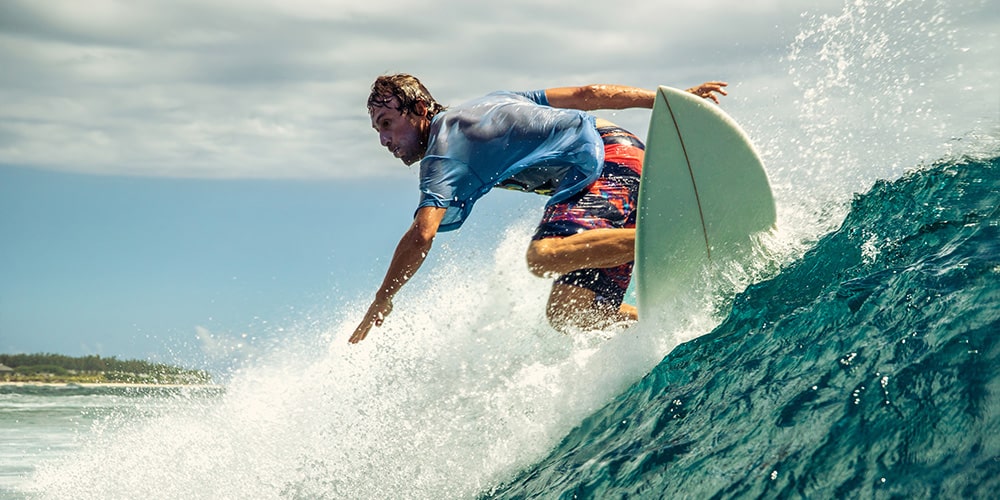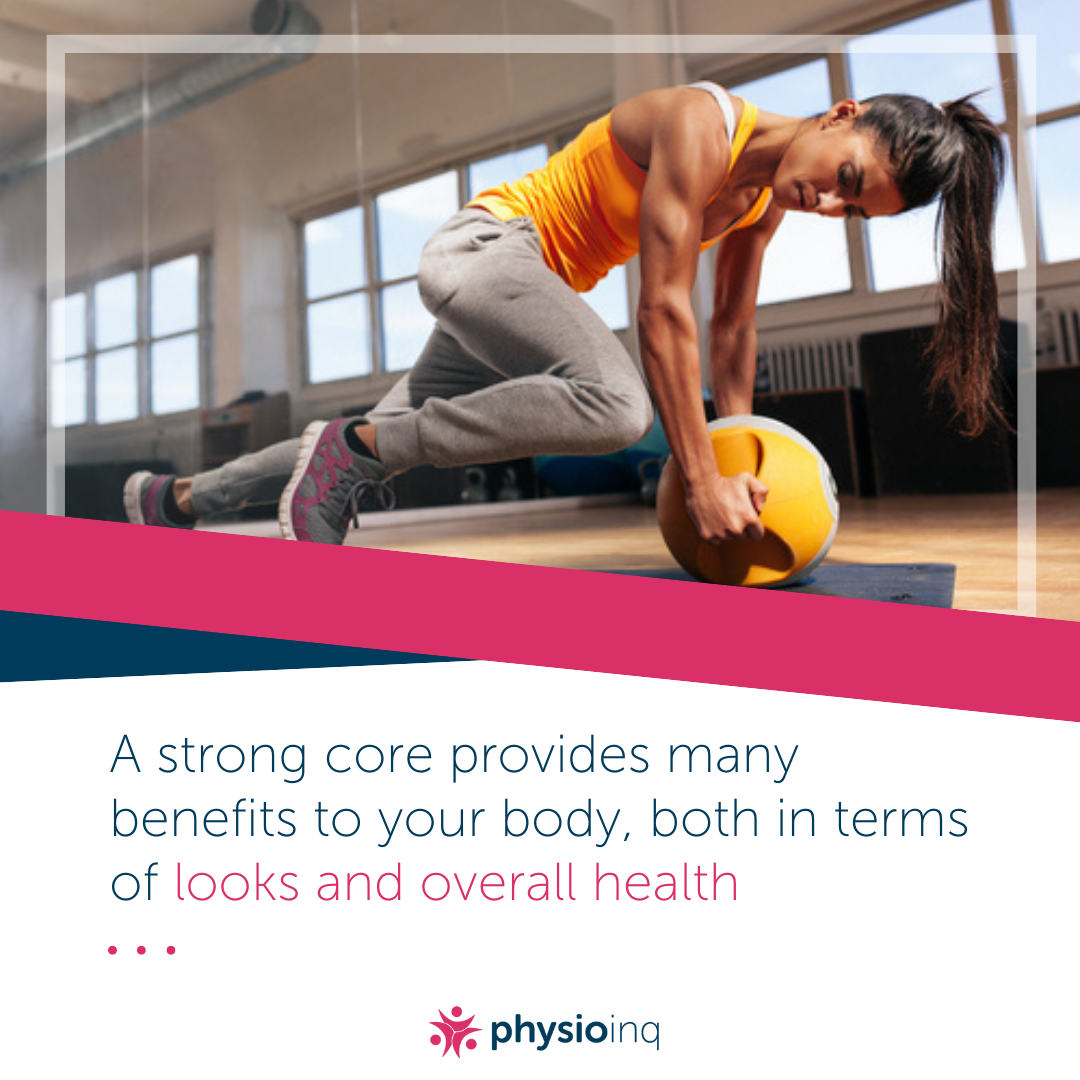Sports nutrition is a tricky topic in our world of elimination diets and eating for weight loss. Athletes typically require a lot more food than the average person and understanding your requirements as a long-distance cyclist can be overwhelming.
Here, we’ll go over some key information related to cycling and nutrition before finishing off with some quick tips for fueling a long ride.
Cycling Diet Nutrition
From consuming more calories to making sure you hydrate, there are quite a few things to think about in terms of nutrition as an endurance cyclist.
Consume More Calories
When you take up long distance cycling, you’ll need to start consuming more calories. That doesn’t mean you should run out to Macca’s or post up in front of the fridge, but it does mean that you can and should have larger portions of nutrient-rich foods.
Cycling Weekly estimated that you should multiply the distance travelled in miles by 40 to 50 calories. So, if you’ve gone for a 30-mile ride, you should consume between 1,200 to 1,500 extra calories. That’s right – extra calories on top of your daily calorie intake.
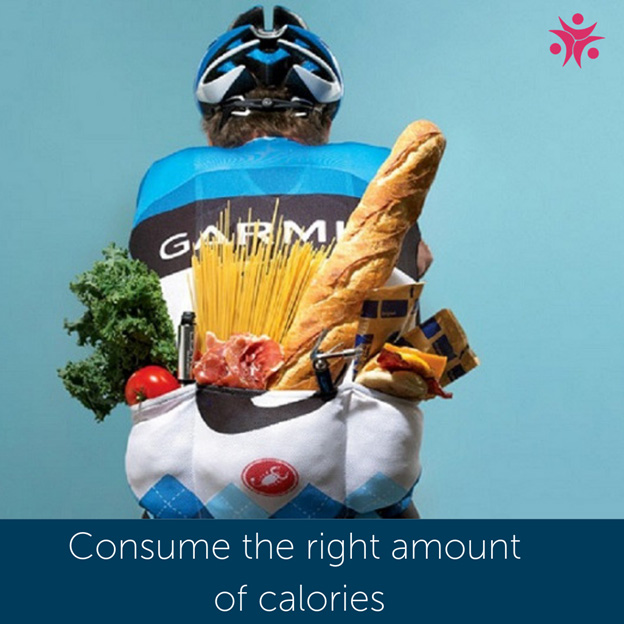
Maintain Iron Levels
An issue that more often affects women, maintaining iron levels as a long-distance cyclist can prove to be difficult. While working toward a lower body fat percentage, other nutrients like iron can start to run low.
So, to avoid iron deficiencies which cause negative side effects like dizziness and extreme fatigue, make sure to keep your iron levels up by eating lean red meats, chicken, fish, and leafy green vegetables.
Carbohydrates
Carbohydrates are the body’s primary source of energy when you’re cycling. It gets stored in your muscles and is easy for your body to access. However, it’s important to note the difference between carbs with a certain glycemic index.
Carbs can lead to a spike in blood sugar and therefore, when the sugar is burned you can crash and feel lethargic. For cyclists to avoid this crash**, it’s best to consume carbs with a low glycemic index which means they’re burned more slowly.**
Carbs with a low glycemic index include foods like whole grains, fruits, and vegetables. You might also consider carbohydrate-loading by consuming a large amount of carbs before a race. This allows your body to taper, optimising the amount of glycogen in your body.
For more information on Carbo Loading click here for our article.
“For any ride, having a full tank of fuel and being hydrated is ideal but the reality is that for shorter rides the requirement is a lot less,” says Gareth Nicholas, MaxiNutrition’s expert nutritionist.
Protein Intake
Even though protein is thought of in terms of growing muscle and isn’t often associated with long-distance sports, it’s still imperative that you consume enough protein as a cyclist. Protein assists with tissue maintenance and is essential to recovery after a ride.
Protein also helps keep your appetite under control by keeping you feeling fuller, longer. In a nutshell, a carbohydrate-heavy meal with a small hit of protein will be the ultimate cyclist diet.
Good Fats Only
Somewhere along the line, people became afraid of fat but there’s such thing as good fat and bad fat. To maintain your health and performance, good fats such as Omega 3 or Omega 6 help reduce inflammation and stimulate your metabolism. As a cyclist, aim for about 20g of good fats per day.
Hydration
With 60 percent of your body being made up of water, dehydration can lead to mental and physical fatigue. It’s incredibly important to stay hydrated while you’re cycling for long distances and energy drinks can help.
Sure, water is amazing and drinking it is very important. However, on race day and even during your training, replenishing your carbohydrates and electrolytes with sports drinks can be even better.
With energy drinks or sports drinks, carbohydrates are quickly absorbed into the body to help maintain your energy levels and electrolytes which are lost in sweat can be easily replaced in liquid form. It’s obviously beneficial to forego the need to chew while cycling.
Still, energy drinks should not replace food and your nutrition should always come first.
Consume at least 300 to 500 ml of fluid, water 1 to 2 hours before heading out on the bike. This is particularly important on the hotter days. If you are riding your bike on cold days try to avoid consuming large amounts of fluids in the morning before your bike ride.
When cycling, drink before you get thirsty. Sip on the water and the electrolyte drink on those hot days. Ideally target around 1.25 to 1.5 litres of fluid an hour on really hot days
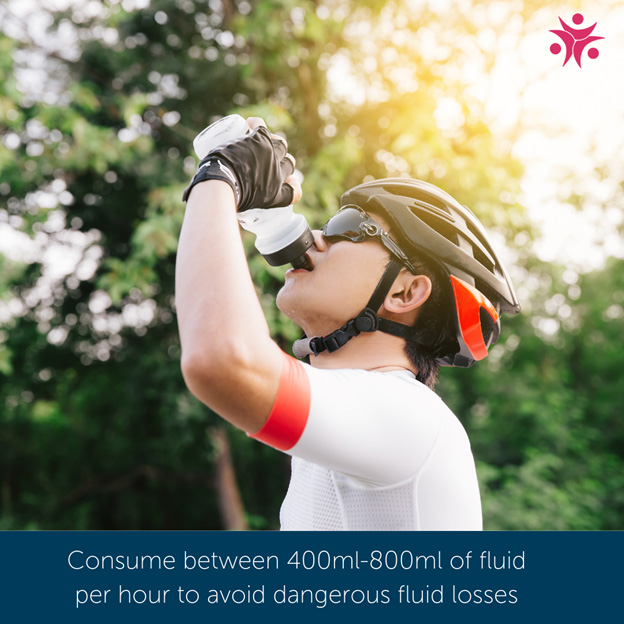
Race Day Nutrition Strategies
To finish up, here are a few quick tips on nutrition for endurance cycling:
- For breakfast, keep it small and simple with carbohydrates and protein. Simple ideas are a protein shake, porridge, cottage cheese, fruit, or a muffin. Coffee is fine, too.
- Especially when training or leading up to a race, eating every three to four hours will keep your energy levels up, again choosing carbs and protein: Tuna with rice, lean meat and a baked potato, cottage cheese with fruit, or chicken pasta are all good ideas.
- Snacking throughout the day with foods like Greek yogurt, energy bars, fruits, and vegetables are all fine.
- Eat something small and full of complex carbs 30 to 60 minutes before training.
- Eat a large protein and carb-rich meal and an L-glutamine (amino acid) supplement within 90 minutes after training.
- This should go without saying but – no junk food and eliminate that processed sugar!
- Drink plenty of water and hydrate with sports drinks that are low in sugar when necessary.
- Sleep! Rest! You’re no good without it.
Worried about a cycling injury? Looking for exercises to help with your endurance rides? Book an appointment to see one of our exceptional physiotherapists at Physio Inq. With various locations and mobile services we’re committed to getting your cycling game to the next level.
Get in contact with our team today!
Date Published: Monday, September 23, 2019
Need to get into direct contact with ur Client Services team? We're all ears. Call our team directly on 1300 731 733
